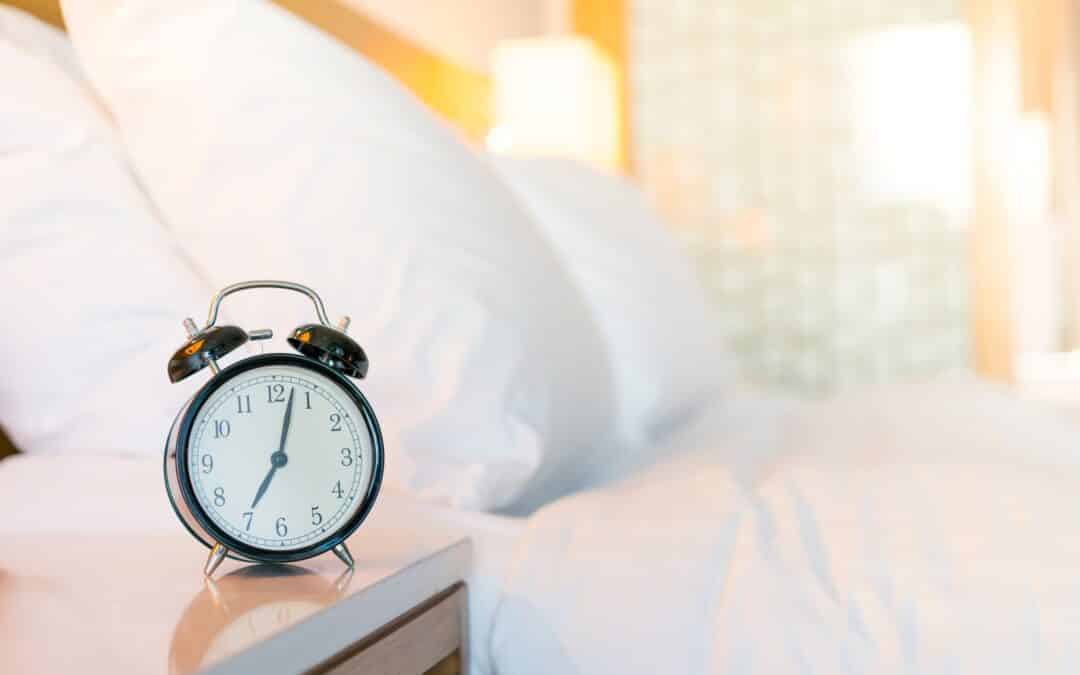You Need Some Sleep
Sleep deprivation is a fitting consequence of the worn-out adage, “So much to do–so little time.” We often think of sleep as a time when nothing is happening. This idea is why so many highly productive and efficient Americans have a beef with sleep. However, according to research in a special edition of Real Simple magazine, sleep is an incredibly foundational aspect of health. There is so much good happening in our minds and bodies when we sleep. It’s as necessary for overall health as eating nutritious foods and exercising. Here’s why…
Sleep Affects Your Immune System
According to the CDC, sleeping around seven hours a night can help you fend off viruses and other invaders. In addition, poor sleep can stoke systemic inflammation and interfere with the activity and action of immune-system molecules. There is even evidence linking poor sleep to an increased risk for cancer. According to the journal Frontiers in Psychology, sleep deficiencies have also been linked to increased rates of infection, slower recovery times, and blunted vaccine responses.
Sleep Affects Weight Management & Exercise
According to research in the journal Metabolism, insufficient sleep is linked to a heightened risk for obesity, type 2 diabetes, and other metabolic diseases. Sleep loss disrupts the normal action of insulin, glucose, and metabolic hormones that help regulate appetite, leading to more hunger, especially for calorie-rich foods. Getting enough sleep is also essential to your workouts. In fact, one night of poor sleep is enough to lower endurance and make exercise seem more arduous.
Sleep Affects Your Moods & Emotions
The magazine suggests that sleep issues are associated with an increased risk for depression and suicide, as well as anxiety and attention deficit hyperactivity disorder (ADHD). The journal Sleep and Affect reported a correlation between insufficient sleep and problems in emotion regulation, reasoning, and mood. The brain sorts and makes sense of new information and experiences during sleep. Biochemically, sleep is when our body produces red blood cells and some growth hormones and when it repairs cellular and tissue damage.
Sleep Affects Looks and Sex Drive
Research shows that sleep deprivation makes skin appear older and reduces its ability to withstand damage caused by sunlight and other stressors. Inadequate sleep can also worsen acne, possibly by stimulating immune hyperactivity and inflammation. In addition, poor sleep decreases sex drive and contributes to erectile dysfunction and other sexual problems. One reason for this seems to be sleep’s effect on hormone levels. (More on this in future blog articles!)
Sleep Affects Cognition
According to the Proceedings of the National Academy of Sciences, losing sleep also impairs your brain’s ability to sort and store new memories. You may struggle to recall new information if you don’t sleep sufficiently after acquiring the info. Poor sleep can also affect problem-solving and decision-making skills, concentration, and logic.
So What Helps?
According to the magazine, certain things you do at night and all day long can help or harm you when you go to bed. Here is the list:
-Stick to a consistent schedule: This helps keep your circadian rhythm in sync. Try to hit the hay and wake up at the same time every day!
–Get enough daily exposure to sunlight: Aim for an hour of morning sunlight and turn down the lights before bedtime.
-Eat well: Diets high in sugar and other simple carbs have been associated with less restorative sleep. Try more eggs, yogurt, avocados, nuts, kiwis, bananas, cherries, spinach, salmon, mushrooms, and legumes. Check out our SmartStart + SmartNutrition program to get started!
-Exercise: Exercising (mainly cardio) first thing delivers daylong mind and body benefits and improves your sleep quality. You are literally coating your brain in all the happy chemicals such as serotonin and dopamine, which help focus and mood. By the way, BRF is open Monday through Friday at 5 AM. Just saying!
-Don’t Procrastinate: When there is no external reason for doing so, don’t put off sleep by watching one more episode or scrolling through Facebook.
-Unplug: Blue light stimulates the brain and keeps you alert, so unplug all electronics one hour before going to bed.
-Read or listen to a story: Reading fiction gives your mind a place to go besides the daily worries and obligations.
-Don’t stay in bed if you can’t sleep: Don’t lie in bed tossing and turning. Get up and do something relaxing like reading, journaling, stretching, or meditating.
At BRF, we encourage overall well-being and a balanced approach to staying in shape. We want you at our gym when you feel rested and ready to go! So, get your sleep and then head our way. In addition, anxiety and depression seem more potent in our communities than ever before, especially post-pandemic. If your emotions and moods seem more complex to navigate than usual, we understand, and we encourage you to implement self-care. Try starting with some extra sleep and then jump into our pool or onto our track to boost endorphins and dopamine levels.
Lombardi, Lisa. “The Power of Sleep: Your nightly slumber is one of the core ways your body keeps itself in peak operating condition.” Real Simple, Special Edition. The Power of Sleep, 2022. 5.
Heid, Markham. “What Happens When We Sleep: It may be our most natural body function–think how much babies do it–and it is essential to so many aspects of our health.” Real Simple, Special Edition. The Power of Sleep, 2022. 8-11, 12.
Benjamin, Jennifer. Maggie, Seaver. “15 Dos and Don’ts for Better Sleep: Certain things you do at night and all day long can help or harm you when you go to bed.” Real Simple, Special Edition. The Power of Sleep, 2022. 38-42.

